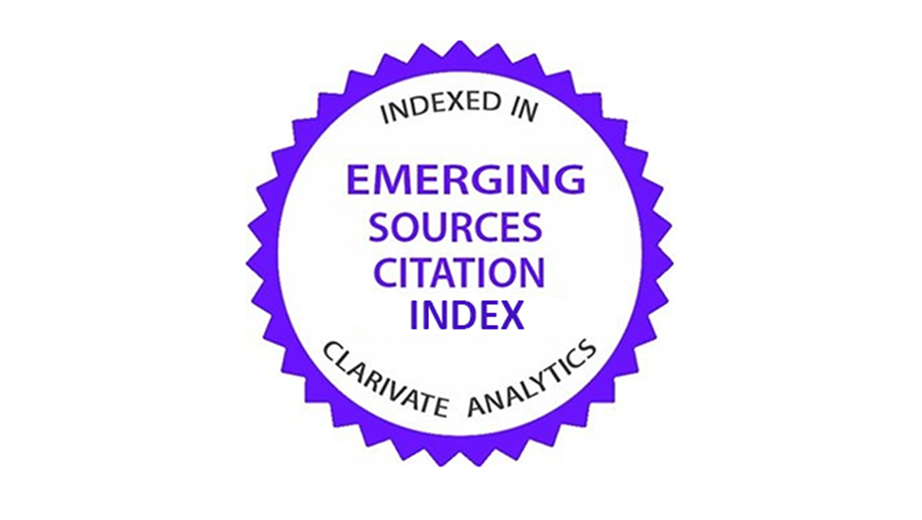Resolusi Konflik Petani Sekitar Perkebunan Karet melalui Pengembangan Modal Sosial di Desa Kuto Kecamatan Kerjo Kabupaten Karanganyar
Abstract
Keywords
Full Text:
PDFReferences
Carroll. 2001. Social Capital, Local Capacity Building and Poverty Reduction. The Asian Development Bank. Manila.
Ife, J. 1995. Community Development: Creating Community Alternatives-Vision, Analysis and Practice. Longman. Melbourne.
Jousairi, H. 2006. Social Capital: Menuju Keunggulan Budaya Manusia Indonesia. MR.-United Press. Jakarta.
Lubis. 1999. Pengembangan Investasi Modal Sosial dalam Pembangunan. Antropologi Indonesia. Th XXIII No. 59 Mei-Agustus 1999.
Miles, M.B., dan Huberman, A.M. 1992. Analisis Data Kuantitatif. (Terj. Tjetjep Roehandi Rohidi). Universitas Indonesia. Jakarta.
Mustain. 2005. Gerakan Petani di Pedesaan Jawa Timur: Studi Kasus Gerakan Reclaiming oleh Petani Atas Tanah yang Dikuasai PTPN XII Kalibakar Malang Selatan. Disertasi. Universitas Airlangga. Surabaya.
Nasution. 1988. Metode Penelitian Naturalistik. Tarsito. Bandung.
Popkin, S.L. 1979. The Rational Peasant. The Political Economy of Rural Society in Vietnam. University of California Press. Berkley.
Scott, J.C. 1984. Moral Ekonomi Petani, Pergolakan dan Subsistensi di Asia Tenggara. LP3ES. Jakarta.
Suparjan dan Suyatno, H. 2003. Pengembangan Masyarakat: Dari Pembangunan Sampai Pemberdayaan. Aditya Media. Yogyakarta.
Sutopo. 2002. Metodologi Penelitian Kualitatif: Dasar Teori dan Terapannya dalam Penelitian. Sebelas Maret University. Surakarta.
Refbacks
- There are currently no refbacks.











